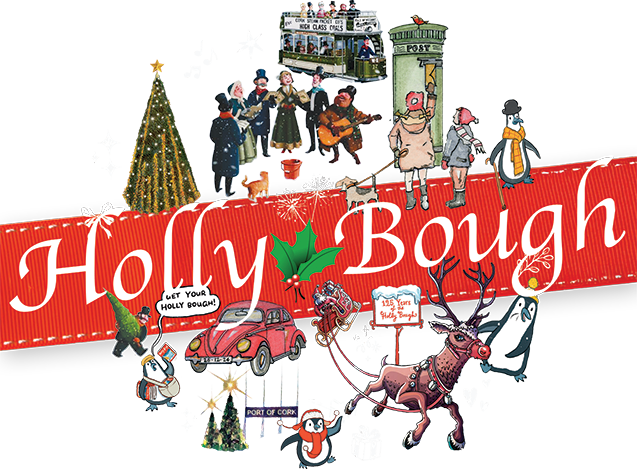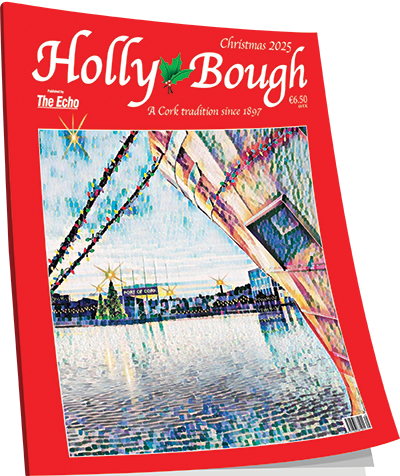Christy O'Connor: People love to slate Cork but if they were more arrogant and ruthless, they’d have a better shot at All-Ireland glory
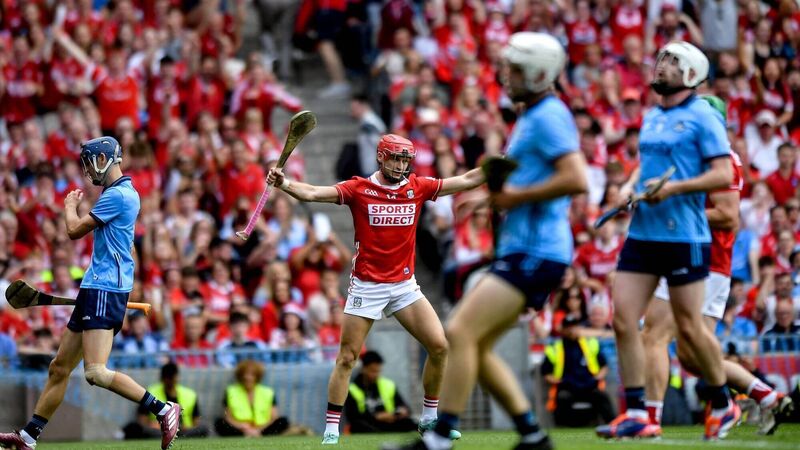
Alan Connolly of Cork celebrates after scoring his side's seventh goal against Dublin at Croke Park this summer. Picture: John Sheridan/Sportsfile
Hurling had rarely seen anything like it, the outcome and performance was so devastating and earth-shattering that Cork torched everything that moved, incinerating Dublin in July’s All-Ireland semi-final with a fireball of pace and brilliance.
Dublin were poor but the way Cork married sublime skill and fluid movement to create their devastating attacking patterns of play in such a stylish and magical art form was as scintillating as the result.
The performance entertained and thrilled those far beyond their own boundaries. How could anyone not love watching a team in that state of flow and brilliance?
It would be hard not to when the public always cherish teams that capture the imagination, teams that see style as a form of expression of their character and innate heritage, operating in such a way that they almost transcend the game.
It was hard to believe that so many people who loved watching a team weave their magic were also hoping that the same team would lose on the biggest day of all.
How did that make sense? It made even less when Cork had the most loved and respected manager in the game outside the county at that time in Pat Ryan.
That attitude was even more bizarre when Cork had gone two decades without an All-Ireland, while Tipperary had won three All-Irelands in the previous 15 years.
Everybody loves an underdog but Tipperary haven’t always been the most popular hurling county either. Still, Cork’s pre-match status as raging and almost unbackable favourites did heap a lot of public support on Tipp.
It’s just human nature for people to want to see somebody else taken down when they are up on such a pedestal. The mood in Cork had been so giddy and jingoistic in the two weeks before the final that nobody inside the county could see anything other than a Cork victory.
Once they lost in such spectacular fashion, few people outside the county felt any real empathy for Cork.
There were mixed feelings inside and outside the county when Cork cancelled their homecoming reception on Monday. The mood got even more toxic when false rumours of a half-time dressing room row emerged.
“I knew the public would kind of slate us a little bit,” said Alan Connolly last week. “We know ourselves what we’re about. We’re Cork. At the end of the day, people are going to slate us regardless.”
Is that true? Absolutely. Is it fair? No.
Much of that outside attitude towards Cork is rooted in a perceived superiority that came with Cork’s continued success and dominance as a hurling power. Yet that perception never changed once Cork’s success rate began to rapidly diminish.
It did with other big and historically successful counties. The Dublin footballers were never universally popular but there was still a huge groundswell of support towards them ahead of the 2011 All-Ireland final.
Playing Kerry, the most dominant force in that game, was a factor. Dublin had gone nearly two decades without winning an All-Ireland. That generation of Dubs had suffered huge heartbreak in previous years but it had still been 16 years since they’d even contested a final.
Yet Cork have now lost three All-Ireland finals in five years – two by margins of 15 points. And it has made little or no difference in drumming up any extra support for Cork’s cause to end the famine.
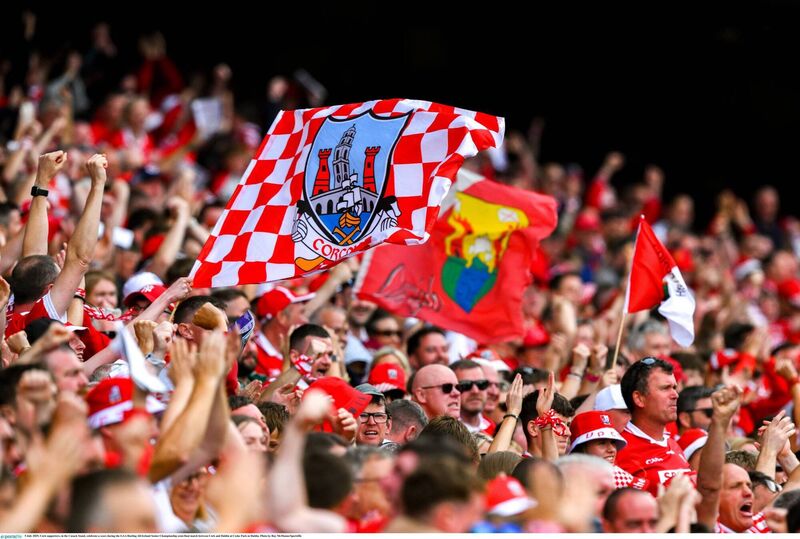
Why? Because of the county’s huge size and population, there is always plenty of noise around Cork.
There is a bandwagon element to any large support base but Cork have too many genuine supporters to lay that at their door. The county would have filled Croke Park twice over for the All-Ireland final if they’d got enough tickets.
That solid support base was never consistently there in the past because Cork were so used to winning that they could afford to forego league games and just turn up for the big days out in Thurles, Páirc Uí Chaoimh and Croke Park. Cork felt entitled to look down on other teams, especially in Munster, because they beat them so often.
Back then, especially in the 1970s, 1980s and part of the 1990s, it was mostly a city-based team too where a lot of people didn’t have the same connection to the side that they do now; there was 21 clubs represented on the 37-man panel announced before the 2025 league campaign.
In the last two years alone, they’ve been involved in seven of the best 12 games in the championship.
The vast majority of Cork supporters, especially hurling people, are some of the soundest and most genuine supporters in the country. A lot of other supporters are far harder to listen to than Cork.
Cork are not a dirty, overly aggressive team with unpopular players. They have a clean-cut image. Cork hurling gives more to the GAA in terms of entertainment, colour and the financial boost to the economy than any other county in hurling or football. And still, as Alan Connolly rightly says, everyone loves to slate them.
The reality is that if Cork were more arrogant and ruthless, they’d have a far better chance of winning an All-Ireland.
That might make them even more unpopular but Cork certainly wouldn’t care at this stage.


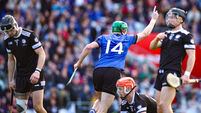

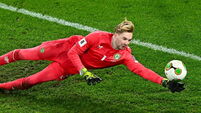
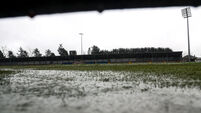
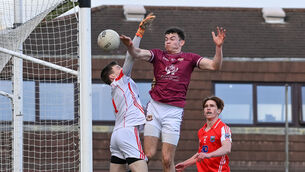



 App?
App?






